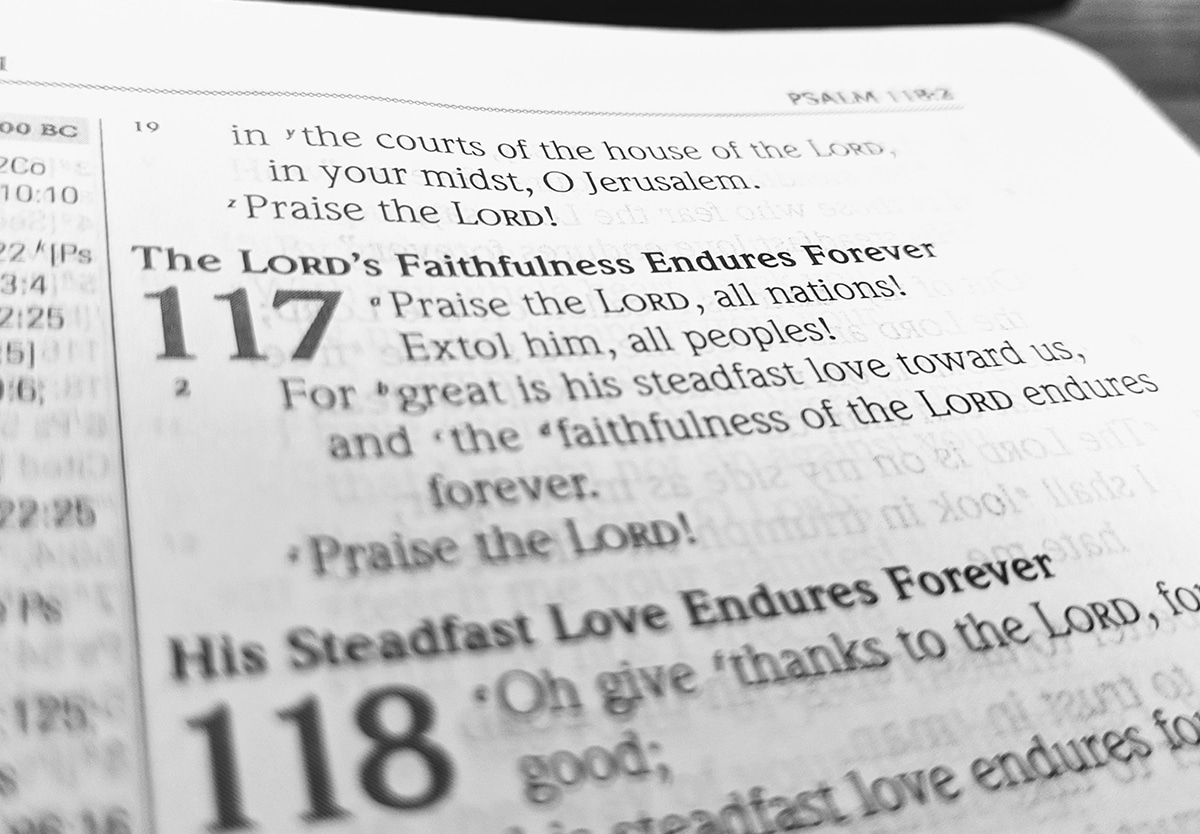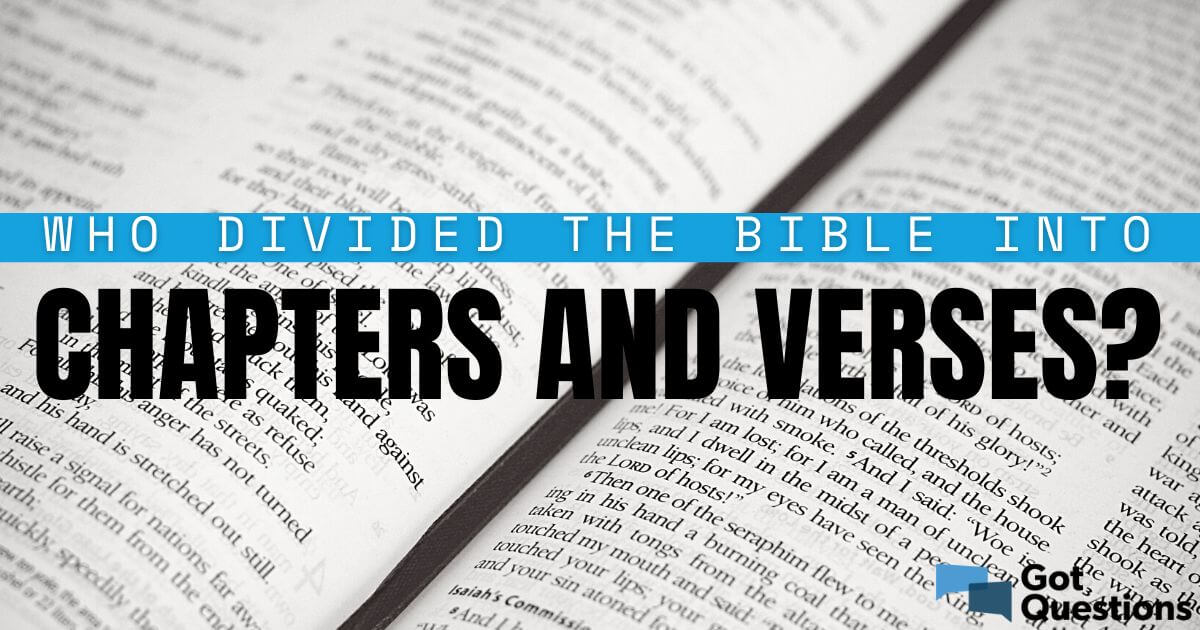As “The Shortest Chapter in the Bible” takes center stage, this article delves into its significance, exploring its brevity, context, and enduring message. With just one verse, this enigmatic chapter has captivated readers for centuries, inviting contemplation and revealing profound truths.
Delving into the historical and cultural context of this chapter, we uncover its placement within the biblical narrative and its relationship to the broader themes of the Bible.
Overview of the Shortest Chapter in the Bible

The shortest chapter in the Bible is Psalm 117, consisting of only two verses. Its brevity makes it stand out among the other Psalms, which typically have more extensive content.
Significance of the Chapter’s Length
The brevity of Psalm 117 suggests that it serves a specific purpose within the Psalter. Its conciseness allows for a focused and emphatic expression of praise to God. The two verses encapsulate the essence of worship, declaring God’s steadfast love and faithfulness.
Context and Placement
Psalm 117 is placed within the book of Psalms, which is a collection of religious poems and songs. It is surrounded by longer Psalms, which may emphasize the impact of its brevity. Psalm 117’s position in the Psalter suggests that it was intended to be a standalone expression of praise, rather than part of a larger narrative or sequence.
Analysis of the Text

The shortest chapter in the Bible, Psalm 117, is a simple yet profound expression of praise to God. It consists of only two verses, but it conveys several key themes and messages.
Key Themes and Messages
- Praise to God: The entire chapter is dedicated to praising God for His greatness, goodness, and faithfulness.
- Universal Worship: The psalmist calls on all nations and peoples to join in praising God, emphasizing that His love and mercy extend to all.
Literary Devices and Language
Psalm 117 is written in a simple and direct style, using repetitive language to emphasize its message. The repetition of the phrase “Praise the Lord” creates a sense of rhythm and urgency, inviting the reader to join in the act of praise.
Historical and Cultural Background
The exact date of Psalm 117’s composition is unknown, but it is believed to have been written during the post-exilic period (538-333 BC). During this time, the Jewish people were rebuilding their nation and reestablishing their relationship with God. Psalm 117 may have been written as an expression of gratitude for God’s faithfulness and as a call for unity among the people.
Interpretation and Meaning

The brevity of the chapter has allowed for various interpretations and applications throughout history. Some view it as a simple affirmation of God’s existence, while others see it as a profound statement about the nature of faith.
Historically, the chapter has been used as a devotional aid, a source of comfort in times of doubt, and a reminder of the importance of simplicity and trust in God. It has also been cited in support of various theological positions, including the doctrine of the Trinity and the idea of a universal God.
Relevance and Significance for Modern Readers
In the modern world, the chapter continues to hold relevance and significance for readers of all backgrounds. Its message of faith and simplicity can provide solace and guidance in a complex and often overwhelming world. The chapter reminds us that even in the face of uncertainty and doubt, we can find hope and comfort in the belief in a higher power.
Comparative Study

The shortest chapter in the Bible, Psalm 117, is not the only brief chapter in the scriptures. Several other chapters are also quite short, each with its own unique content, style, and purpose.
One notable similarity among short chapters is their brevity. They typically consist of a few verses or even a single verse, making them easy to read and memorize. This brevity allows for a concise and focused message, often conveying a specific thought or idea.
Content and Style, Shortest chapter in the bible
The content of short chapters varies widely. Some, like Psalm 117, are hymns or songs of praise. Others, such as Proverbs 10:19, offer wise sayings or proverbs. Short chapters may also contain historical accounts, prophecies, or prayers.
The style of short chapters is often poetic or lyrical. They may use figurative language, such as metaphors and similes, to create vivid imagery and convey deep truths.
Purpose
The purpose of short chapters is just as diverse as their content. Some serve as reminders of God’s faithfulness or provide encouragement and comfort. Others offer practical wisdom for daily living. Short chapters can also be used as a starting point for meditation or reflection.
Reasons for Brevity
There are several reasons why certain chapters in the Bible are shorter than others. In some cases, the brevity may be due to the nature of the content. For example, Psalm 117 is a simple song of praise that can be easily expressed in a few verses.
In other cases, the brevity may be intentional. Short chapters can be more impactful and memorable than longer ones. They can also be used to emphasize a particular point or idea.
Closing Notes

In conclusion, the shortest chapter in the Bible, though concise in length, holds immense depth and meaning. Its brevity serves as a reminder of the power of simplicity, while its message continues to resonate with readers today, offering insights into faith, hope, and the human condition.
Detailed FAQs: Shortest Chapter In The Bible
What is the shortest chapter in the Bible?
Psalm 117, with only two verses.
Why is Psalm 117 so short?
The reason for its brevity is not explicitly stated in the Bible, but scholars speculate that it may have been intended as a doxology, a brief hymn of praise.
What is the significance of Psalm 117?
Despite its brevity, Psalm 117 conveys a powerful message of universal praise to God.





